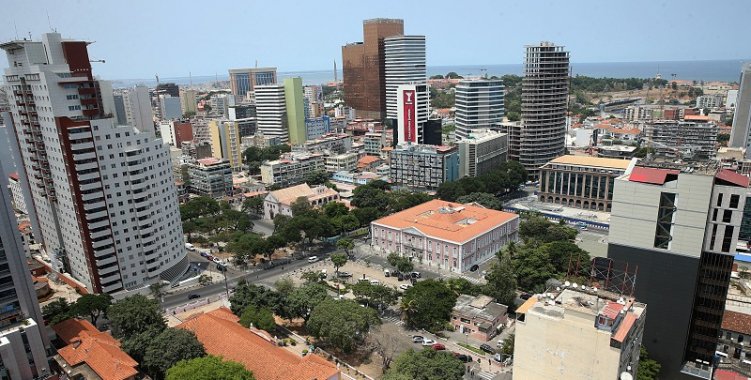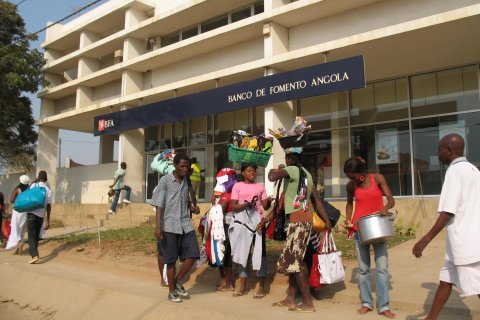"There are signs that the diversification process has begun, there is evidence that indicates this, but it is not enough. There are things that remain to be done, there are context costs that need to be talked about, the issue of communications, roads, energy, water, in some of these aspects, in energy, mainly, it is gradually improving, but in other sectors there is still a lot to do", said José Miguel Cerdeira in an interview with Lusa.
The diversification of the economy, making it less dependent on the production and export of oil, has been talked about in Angola for several years, but only in the last few years has it known a boost, which is beginning to be visible in economic indicators, which account for a weight of the non-oil economy in total national wealth creation.
"This is the effect of the drop in crude oil production which, by definition, leads to a drop in the oil economy, and therefore this is less representative of the total economy; it is a negative diversification", says José Miguel Cerdeira, recalling that " the oil economy has fallen by 35 percent in the last eight years, but it is a fact that the economy as a whole depends a little less on oil now than it did eight years ago, even though it continues to depend heavily on this raw material".
The oil economy now weighs a little more than 25 percent in total economic activity, according to the most recent data from the National Institute of Statistics, says the analyst, recalling that "it weighed around 38 percent in 2015".
Thus, the non-oil economy, since 2015, "instead of falling by 35 percent, has grown by 12 percent, which is manifestly little for 12 years, but includes the five years of recession and the pandemic".
In addition to the automatic break in the weight of the oil economy due to the reduction in production, he points out, the decisive factor was the exchange rate reform introduced in 2017: "this is the main reform; 5 years ago, with the dollar worth 100 or 160 kwanzas, it was impracticable impossible to think of producing anything in Angola, because it would very rarely compensate for the effort given the cheap price of imports", he explains.
"There would never be diversification with that exchange rate", he points out, admitting that "the adjustment was very demanding, to put it bluntly, it brought a loss of purchasing power and worse living conditions for the entire population, it is undeniable, but at this point, with many doubts, it started to make sense for a series of economic agents to consider producing or not in Angola, and there are a few who decide that yes, that it is worth producing locally", he stresses.
Keeping the exchange rate artificially high "is very good for the purchasing power of Angolan families, but it completely conditions the future of Angolan national production, it was an exchange rate that at the level it was at made it practically impossible to weight any national production that could compete with foreign production, and for that reason it was the most important reform in terms of diversification", says the chief economist at BFA.
For José Miguel Cerdeira, "this trend of slow decline in dependence on oil will continue, still maintaining a decisive influence, because just think that even at this point, despite national consumption having a little more national products with some substitution of imports , 99 percent of export earnings still come from oil or diamonds, so Angola's exchange rate, and in that sense, the purchasing power of its population, is still completely dependent on the production volume and price of this raw material".
The forecast of the BFA's economic studies office is that "oil GDP will fall, at an average of between 2 and 4 percent a year until 2027", falling above 4 percent this year and less than 2 percent in 2024 .
"For the non-oil GDP, the scenario we are considering now is of an average growth of 5 to 7 percent, and for the economy as a whole, the scenario would result in an average growth of between 3 to 5 percent until 2027", concludes the economist.







